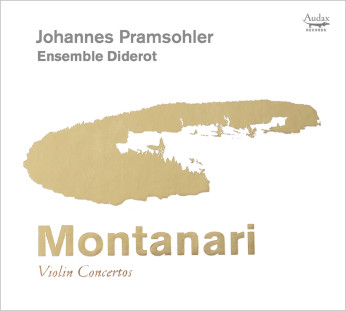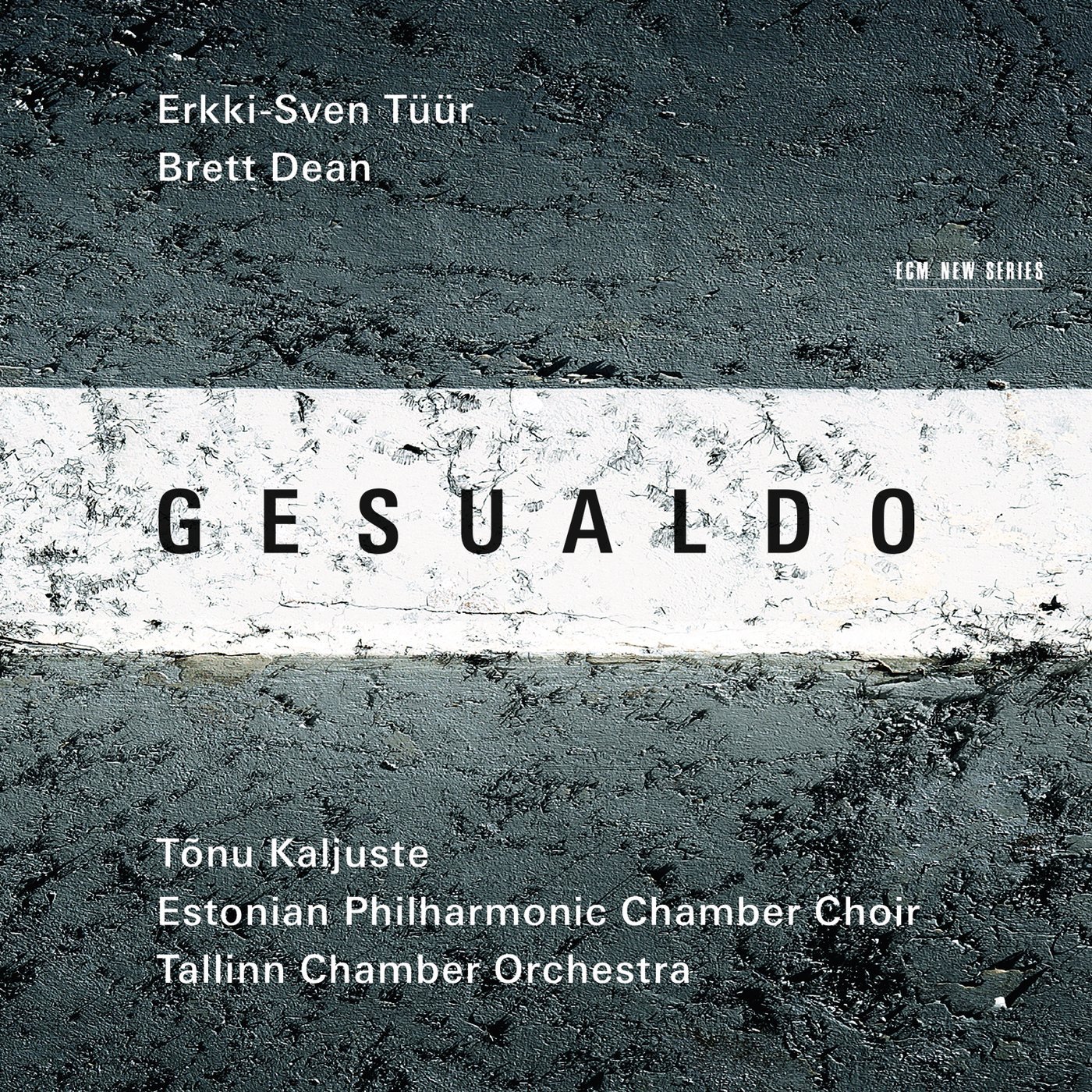 Montanari: Violin Concertos Johannes Pramsohler (violin and director), Ensemble Diderot (Audax Records)
Montanari: Violin Concertos Johannes Pramsohler (violin and director), Ensemble Diderot (Audax Records)

 Montanari: Violin Concertos Johannes Pramsohler (violin and director), Ensemble Diderot (Audax Records)
Montanari: Violin Concertos Johannes Pramsohler (violin and director), Ensemble Diderot (Audax Records)

For a few very lucky competition winners there is a shopping trip where they are paraded around the world. A terrific opportunity, though a horrible experience, probably. Most competition winners have only a new line in their CV to stare at after the award ceremony, so the advantage of being a 2015 Tchaikovsky laureate, with a promise of an international tour with Valery Gergiev and the Mariinsky Orchestra, is self-evident.

Final thoughts: a fitting theme for the farewell concert of this year’s Gewandhaus Barbican residency. But the connections proved tenuous: Death and Transfiguration, the gloomy opener, was written when Strauss was only 25, and the Mozart Clarinet Concerto which followed, while it was one of his last works, shows little concern for mortality or summation. But the motivation was honourable – to find homes for Strauss’ tone poems, which rarely fit comfortably in any concert programme.

In practice as well as in prospect, the second in Riccardo Chailly’s Strauss/Mozart trilogy was a concert of two very different halves. The first offered small Bavarian and Austrian beer in the shape of Strauss’s fustian Macbeth, unbelievably close in time to the masterly Don Juan which blazed on Tuesday, and a pretty but just a little too anodyne Mozart violin concerto at the other end of Mozart’s prodigious composing life to the last work for piano and orchestra, which had amazed us in the first concert.

Riccardo Chailly’s Strauss odyssey with his Leipzig orchestra peaked in Saxony last year, the 150th anniversary of the composer’s birth. I was lucky to catch a razor-sharp Till Eulenspiegel and a saturated Death and Transfiguration in Dresden’s Semperoper close to the birthday. 14 months on, and the Barbican has nothing like the same necessary air to offer around a mini-residency of richly-scored symphonic poems.

The justification for playing Brahms with a chamber orchestra is well rehearsed. In fact, I have on my desk a Telarc boxed set of the four symphonies “in the style of the original Meiningen performances”, recorded by the Scottish Chamber Orchestra under the visionary Sir Charles Mackerras in 1997. Then, as now, the idea was to lighten the texture and give greater prominence to the woodwind. By drawing back the dense curtain of string sound, the light could shine through and Brahms’ contrapuntal delicacy be revealed.

The music of Olivier Messiaen lends itself ideally to the kind of multimedia project created by Cordelia Williams. His titles tell stories of terror and redemption, Man, men, God and angels. His chords burst with colour, not only the green and gold of Christmas or the red and purple of Crucifixion but the pulsing of a slow journey, stripes of redemption, layers of wakefulness. The only drawback is that the composer himself was very sure about what those stories and colours were, leaving little room for later interpreters to add their own perspectives.

Stravinsky and Bartók both escaped Europe at the start of the second world war to live in the USA. For Stravinsky it was the start of 30 years of mostly happy exile, while Bartók was to survive for only five years. Works from their time in America featured in Valery Gergiev’s penultimate concert as principal conductor of the LSO last night.

This Barbican concert began with a Mendelssohn overture and ended with a Haydn symphony. But on stage were the BBC Symphony Orchestra and Ilan Volkov. What did you expect in between, a Mozart piano concerto? Not likely. Instead they gave the first performance of No.48 (night studio) by Richard Ayres. English-born but resident in the Netherlands and working mostly on the Continent, Ayres has impeccable post-Minimalist credentials (studies with Louis Andriessen and Morton Feldman) which do no more than hint at how his music behaves – like a kid in a well-stocked acoustic sweet-shop.

 Erkki-Sven Tüür, Brett Dean: Gesualdo Tallinn Chamber Orchestra, Estonian Philharmonic Chamber Choir/Tõnu Kaljuste (ECM)
Erkki-Sven Tüür, Brett Dean: Gesualdo Tallinn Chamber Orchestra, Estonian Philharmonic Chamber Choir/Tõnu Kaljuste (ECM)